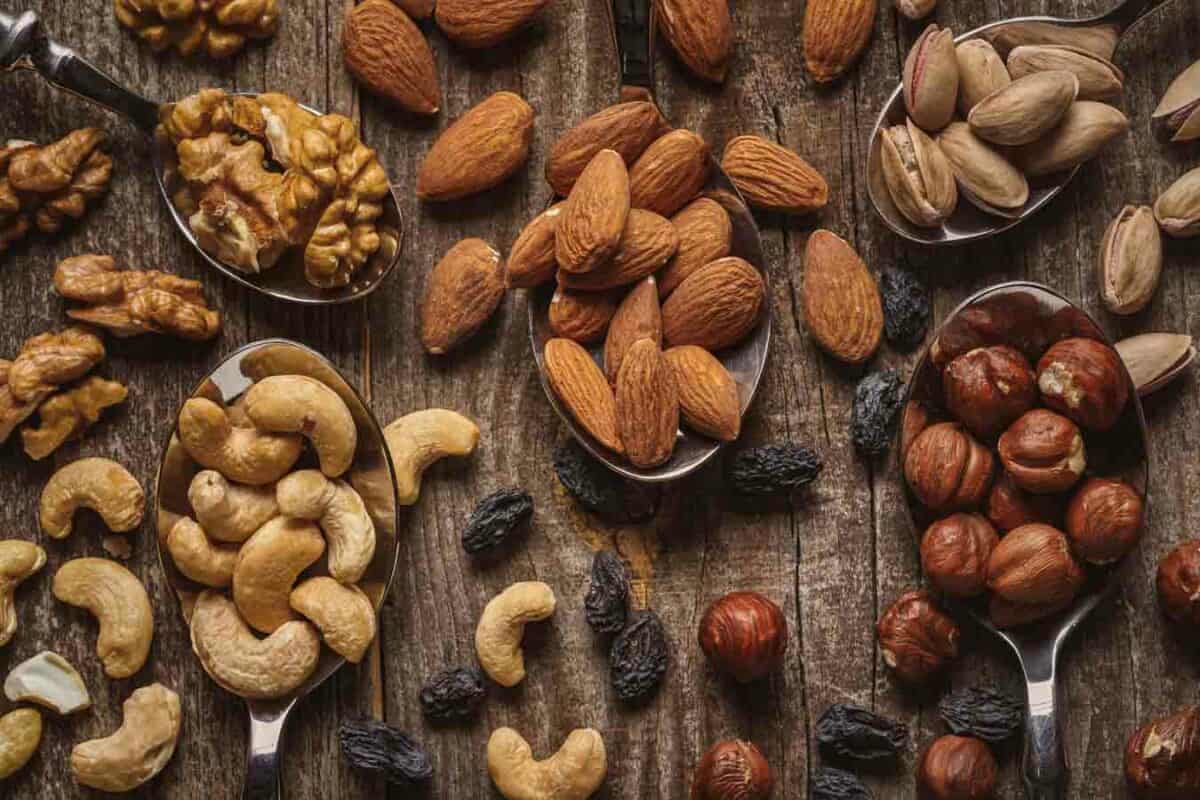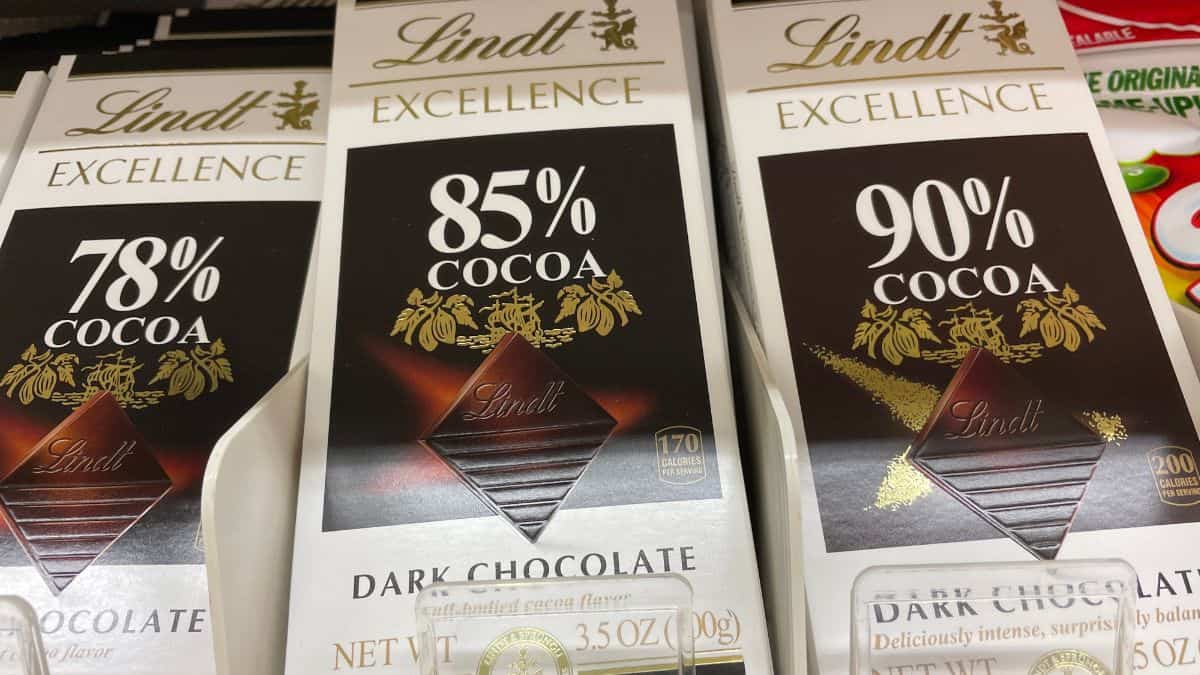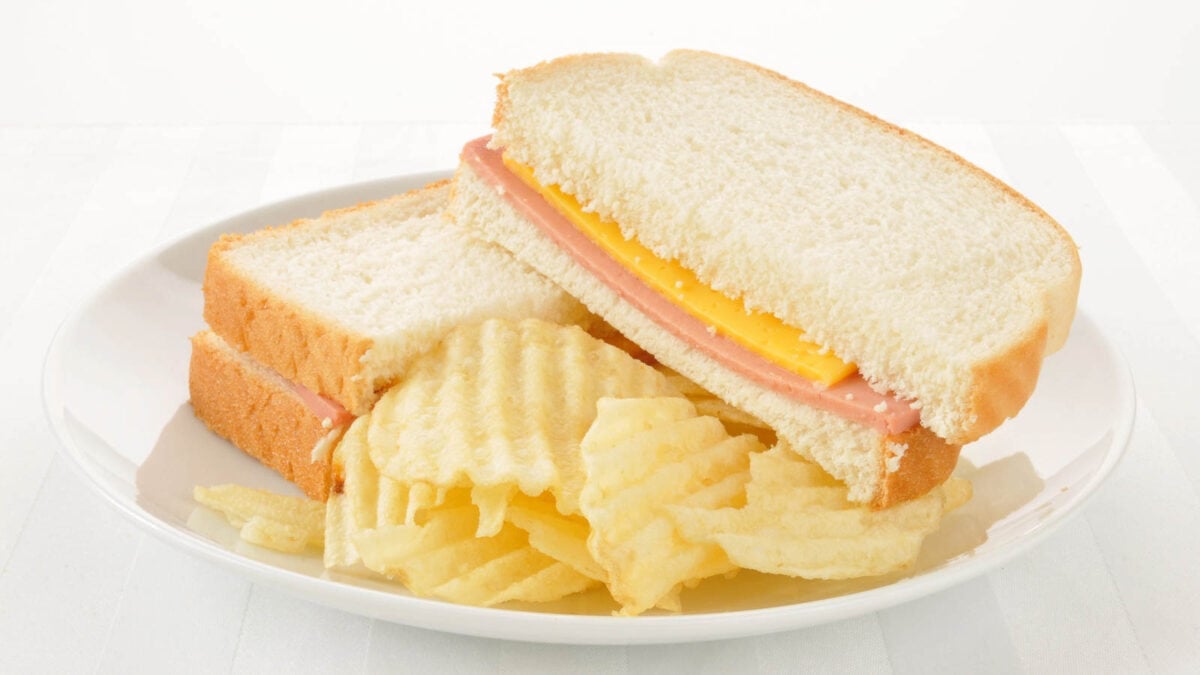Your brain runs on what you feed it, and some choices push it forward while others hold it back. Everyday foods can shape focus, memory, and energy more than most people realize. Some deliver steady fuel that keeps you sharp through the day. Others bring quick highs that leave you foggy and drained soon after. The difference between the two is bigger than it seems, and knowing which camp your favorites fall into can make all the difference.

Foods That Make The Good List

The foods you eat can set the tone for how sharp and focused you feel throughout the day, and some ingredients really do pull extra weight for your brain. These are the kinds of choices that deliver steady energy, protect against mental fog, and keep your memory and focus strong. They work behind the scenes to improve blood flow, reduce inflammation, and provide the nutrients your brain needs to keep firing on all cylinders. Making them part of your weekly routine can pay off with more clarity, better mood, and stronger long-term brain health.
Salmon

Salmon is one of the best sources of omega-3 fatty acids, which your brain relies on to stay sharp and focused. These healthy fats play a big role in memory and learning, while also reducing inflammation that can interfere with how well your mind works. Eating salmon a couple of times a week gives your body high-quality protein and key vitamins like B12 and D that support energy and mood. It is a go-to choice for anyone who wants meals that work double duty for both taste and brain power.
Leafy Greens

Spinach, kale, and other leafy greens pack an impressive amount of nutrients into every bite. They are loaded with vitamin K, lutein, and folate, which are tied to slower cognitive decline and better long-term mental performance. Leafy greens also bring antioxidants that help fight off oxidative stress, a known troublemaker for brain health. Toss them into salads, sauté them for a quick side, or blend them into smoothies for a simple way to keep your brain fueled.
Nuts & Seeds

From walnuts and almonds to flaxseeds and chia seeds, these small foods deliver big benefits for your brain. They contain healthy fats, amino acids, and antioxidants that help protect nerve cells and keep communication between brain cells running smoothly. A handful of nuts or a sprinkle of seeds on your breakfast can also stabilize blood sugar, which supports focus and helps avoid that mid-day mental fog. They are one of the easiest snacks to keep on hand when your goal is steady energy and clearer thinking.
Whole Grains

Whole grains such as oats, brown rice, and quinoa do more than keep you full. They play an important role in cardiovascular health, which is directly connected to how well your brain gets the oxygen and nutrients it needs. The fiber in whole grains slows down digestion, preventing sharp spikes in blood sugar that can leave you sluggish and distracted. Making the switch from refined grains to whole grains is a small but powerful step for better brain health and steady focus.
Dark Chocolate

Dark chocolate is more than a treat. It contains flavonoids that improve blood flow to the brain and caffeine that gives you a mild boost in alertness. These compounds can enhance memory, sharpen concentration, and even improve mood. Choosing chocolate with a higher cocoa content gives you the benefits without overloading on sugar. Enjoying a square or two as an afternoon pick-me-up is one way to give your brain a lift while still keeping things balanced.
Turmeric

This golden spice has been a staple in many cuisines for centuries, but its active compound, curcumin, is what makes it so powerful for brain health. Curcumin has both antioxidant and anti-inflammatory effects that protect brain cells and may even help form new ones. Studies link turmeric to improvements in memory and mood, making it worth working into your cooking. Adding it to soups, rice, or even a morning smoothie is an easy way to let this spice support your brain.
The Bad Stuff

Not every food choice works in your brain’s favor. Fried foods, sugary treats, processed meats, and refined staples can all drag down focus and memory. They spike blood sugar, interfere with circulation, and make it harder for brain cells to function at their best. Enjoying them once in a while is fine, but eating them too often can take a toll on mental sharpness and long-term brain health.
Fried Foods

Fried foods may hit the craving spot, but they can be harsh on your brain. They are often cooked in oils that produce unhealthy fats, which clog arteries and make it harder for blood to reach the brain. Over time, this can lead to poorer memory and slower thinking. Regularly swapping fried foods for baked or grilled options can help protect your brain and keep it performing at its best.
Pastries & Sweets

Sugary treats like pastries and candy bars may give you a quick rush, but that high does not last long. They spike your blood sugar, then leave you drained and unfocused once the crash hits. Excess sugar also puts stress on insulin regulation, which is tied to how the brain uses energy. While it is fine to enjoy dessert here and there, relying on sweets too often can make it harder to stay sharp.
Alcohol

Alcohol in moderation is not usually a problem, but drinking too much can have lasting effects on the brain. Heavy drinking has been shown to shrink brain tissue and interfere with how brain cells communicate. Even short-term, alcohol dulls memory and decision-making. Choosing lighter options and pacing yourself can help keep those effects in check while still letting you enjoy a drink on occasion.
Processed Meats

Bacon, hot dogs, and sausages may be common breakfast and lunch choices, but they come with drawbacks. They contain preservatives and nitrates that can contribute to harmful protein buildups in the brain, which researchers have linked to higher risks of cognitive decline. They are also heavy in sodium, which can raise blood pressure and reduce healthy blood flow to the brain. Enjoying these meats only once in a while and balancing them with fresher proteins is a smarter way to go.
White Bread

White bread and other refined grains are stripped of most of their fiber and nutrients, which means they act more like sugar once you eat them. They cause quick spikes in blood sugar that may leave you tired and foggy not long after. Over time, eating too many refined carbs can also contribute to inflammation, which has a direct impact on brain health. Choosing whole grain options instead helps keep your energy steady and your mind focused.
Margarine

Many types of margarine still contain trans fats, and those fats are particularly damaging to the brain. They affect blood flow and increase inflammation, which interfere with memory and cognitive function. Margarine may seem like a simple swap for butter, but it comes with risks that outweigh the convenience. Using healthier fats such as olive oil or avocado oil for cooking is a better choice for long-term brain health.
12 Healthy Eating Habits For Busy People

Eating healthy when you’re super busy can feel like an impossible task, but it doesn’t have to be! With a few smart habits, you can stay on track without turning into a stressed-out meal-planning zombie. Turn up your healthy eating game with these tips that’ll keep you eating right even on your craziest days.
Read it Here: 12 Healthy Eating Habits For Busy People
13 Hacks to Make Your Booze Binge Healthier

We all love a good drink, but nobody wants the next-day regret or the extra calories. Fortunately, you can make your booze binge a bit healthier without sacrificing fun. With a few clever tricks, you can enjoy your night out and still feel great the next day. If you’re ready to sip smarter and party guilt-free, here are some fun hacks to keep your boozy nights a bit healthier.
Read it Here: 13 Hacks to Make Your Booze Binge Healthier
*Select Images provided by Depositphotos.
Gina Matsoukas is an AP syndicated writer. She is the founder, photographer and recipe developer of Running to the Kitchen — a food website focused on providing healthy, wholesome recipes using fresh and seasonal ingredients. Her work has been featured in numerous media outlets both digital and print, including MSN, Huffington post, Buzzfeed, Women’s Health and Food Network.








